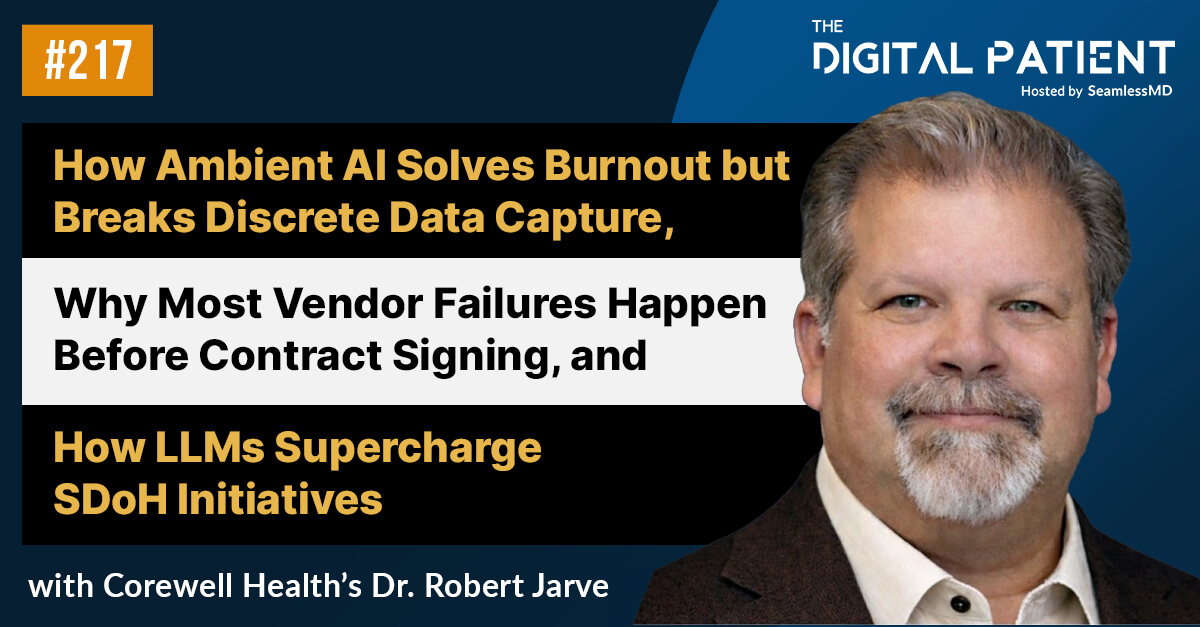February 12, 2026
SeamlessMD CEO Dr. Joshua Liu was recently interviewed about his perspective on the future of Enhanced Recovery After Surgery (ERAS) in Canada.Below is an excerpt mentioning SeamlessMD and Dr. Liu's comments that was originally published in the story “Enhanced Recovery After Surgery spreads through Canada” in Canadian Healthcare Technology on March 1, 2017:
“Canada is a leader in moving this model forward,” says Joshua Liu, CEO of Toronto-based SeamlessMD, a company designing software that enables hospitals to launch, optimize and expand integrated care pathways for surgery, including ERAS. “We’re one of the partners of healthcare organizations who are writing this new narrative around, ‘How do you take what we’ve done manually for 20 years and make it digital and more efficient,’” says Liu.The Seamless MD cloud-based solution is a good fit for ERAS, he adds, because it can be used as a platform to improve patient adherence to protocols and automate data collection. Hospitals can choose from the company’s existing ERAS templates or design their own pathways.“We guide the patient on their smartphone, tablet or desktop computer through the entire pathway so they get reminders about what they do and when, they can track their progress, record their symptoms and issues, and get feedback along the way,” explains Liu. The software engages patients from pre-operative preparation through their hospital stay to their at-home recovery, allowing them to check off milestones as they complete them.In 2015, SeamlessMD partnered with McGill University Health Centre to study SeamlessMD’s effectiveness as a patient app to improve adherence and data collection for patient-focused ERAS protocols. The app was given to 45 patients undergoing colorectal surgery and 89 per cent said it helped them to achieve their daily recovery goals.An added advantage is the SeamlessMD will alert clinicians if a patient falls off track. “Let’s say the patient is now going home a day earlier than they used to. As long as they’re checking in with our solution and recording their progress, the team knows whether things are going well or not,” says Liu. “I think what you’re going to see within the next five years is people won’t be calling it ERAS anymore because it’s going to become standard care paths. It’s just going to be what you do.”
.svg)









.png)
